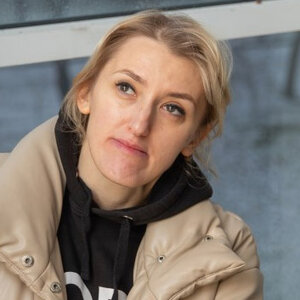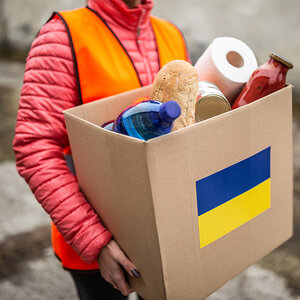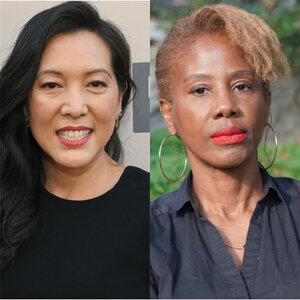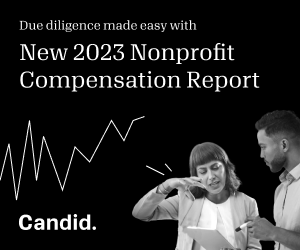As a Ukrainian woman directing humanitarian relief, I’m prioritizing women and girls

Women around the world are fighting for their lives in war- and disaster-affected areas from Ukraine to Pakistan, Turkey, and Syria. These women are doing everything they can to ensure that they and their loved ones are safe, even as many also face the constant threat of horrific treatment and gender-based violence at the hands of hostile forces.
Yet, as Women’s History Month comes to an end, I’m reminded of the incredible resilience of women and how our experiences as women inform how we help our communities survive, rebuild, and ultimately thrive in the face of oppression.
As a Ukrainian woman directing Community Organized Relief Effort’s (CORE) humanitarian efforts in Ukraine, I fear for women and girls who are at risk of gender-based violence. In Russian-occupied areas, women and girls have been subjected to unimaginable horrors—sexual violence, unwanted pregnancies, and brutal abuse—which all lead to severe reproductive and mental health issues that will last a lifetime. Significant challenges persist despite efforts by local organizations and the international community to improve access to basic resources. The consequences are devastating, profoundly impacting the health and well-being of these women and girls.
In the 15 years I’ve worked with international organizations, I’ve seen firsthand that gender-based violence in war zones is not uncommon and that providing tailored care for women and girls must be at the forefront of every humanitarian response. At CORE we’re focused on ensuring that vulnerable women and girls have access to reproductive care and products and other essential healthcare services.
As a mother in Ukraine, my work with women and children has also been profoundly personal. When war broke out, I was able to get my children to safety outside the country, yet not all families have been so lucky. Many women and children remain in war zones, facing tremendous challenges and hardships every day. Even in liberated territories, such as in the south of Ukraine, poor sanitary conditions continue to exacerbate the issues women and girls face concerning reproductive care and basic necessities.
Missing my children while directing CORE’s humanitarian response in Ukraine has been the most heart-wrenching experience for me throughout this war. To live apart from our children, miss seeing them grow up, be deprived of our time together, and be unable to tuck them in at night or share in the joys of everyday life—this is what this war has stolen from many Ukrainian families. Every moment away from my children is a painful reminder of what we’ve lost.
Yet, being a mother to my children is also one of my deepest sources of hope and motivation, because I know I’m working to rebuild our country for them and future generations. The resilience of women, children, and all Ukrainian people in the face of overwhelming adversity has been profoundly awe-inspiring. The Ukrainian spirit remains unbroken despite the constant attacks, forced displacement, and senseless violence. We’re determined, and we’re not giving up.
The challenges facing women and girls affected by the war are complex and require a coordinated and sustained response from the international community that must also include addressing the root causes of gender-based violence. CORE’s work in Ukraine has made clear that prioritizing the needs of women and girls affected by conflict isn’t just possible but must be a priority for any humanitarian organization. This work requires a willingness to elevate the voices of women and girls and to listen and learn from their experiences—not just during Women’s History Month but every day of the year.
Funders can help by continuing to collaborate with organizations working to assist those in need in Ukraine and beyond, by bringing attention to the specific needs of women and girls in crisis areas worldwide, and by implementing lasting programs that tackle the underlying causes of gender-based violence. In Ukraine, countless women and girls are eager to make their voices heard. It all starts with a conversation.
Liana Khorovytska is the Ukraine country director at CORE (Community Organized Relief Effort). Her field of expertise includes humanitarian response in conflict-affected territories, dialogue and mediation, and social cohesion.







We must rethink humanitarian and international development aid